Reflections on Trust: Cheating in a Pandemic
Credit: James Bareham for Vox/Recode
Dr. Natasha Jankowski, Executive Director of the National Institute for Learning Outcomes Assessment (NILOA) and Associate Professor at the University of Illinois Urbana-Champaign
In August 2020, the National Institute for Learning Outcomes Assessment (NILOA) released survey findings examining assessment-related changes made in the Spring 2020 semester. As part of that report, we examined the intersections of those findings with other COVID-19 related reports on the shift to remote instruction and students’ experience of teaching and learning during that time, offering considerations for practice in the fall and beyond. While August was only a month ago, in pandemic time it feels like at least 8 months have passed since the report was released. Based on conversations with assessment professionals and questions raised about learning in the fall, the report remains relevant all this time later.
I ended the report with a list of Do’s and Don’ts. A very non-NILOA thing to do. Normally, we offer reflective questions, provide examples, and give options and resources, but we do not outline what should and should not be done. However, the confluence of findings was clear. There are some things we should be doing and some things we shouldn’t be doing when it comes to supporting student learning and there is one in particular that I would like to focus upon in this blog. It is the point that we are still in a pandemic, an inequitable one, and we should not cause further harm. As stated in the report, “Do not support, enable, or endorse policies that perpetuate further inequities or fuel negative perceptions of students” (Jankowski, 2020, p. 24).
So what policy am I concerned about? The policy in question is the focus upon how faculty should address the possibility of cheating. Instead of offering tips and tricks on how to make assignments more engaging and authentic to students, I want to reflect on trust and the larger issues at play behind the cheating conversation.
Students and Cheating
The concern raised by faculty and others about student cheating is the potential for increased cheating by students during a pandemic. This is, of course, based on the heightened stress to perform well in a time of upheaval and uncertainty, the removal of students from being in front of the faculty member who can gaze down upon them while they take an exam, and faculty concerns about the quality of online education in general.
We know that students who are going to cheat are more likely to do so in high stakes or high stress situations. We know that some students cheat, regardless of if there is a pandemic or if the class is in person. In a large lecture hall, it is easy to take someone’s student card and swipe in, take a test and leave. If a student is going to cheat, they will find a way. There wouldn’t be an industry where you can buy a completed assignment if that wasn’t the case. But the industry and the effort needed to cheat come from a place of privilege—it requires time and resources to orchestrate as well as knowledge of how to navigate the educational system. Time and resources is something that our students have in limited supply during this pandemic. If a student is struggling to live, it is highly unlikely they will choose buying a completed exam paper over food, hence the “Maslow’s before Bloom’s” consideration.
However, my concern is not related to the fact that there will always be some students who game any system we put in place. I would argue we shouldn’t build systems to shut out the outliers who will find a way around it regardless. My fundamental concern also does not lie with the equity and legal issues related to some of the faculty attempts to curb perceived student cheating. They are worth mentioning though before moving to my biggest concern. A sampling include:
1. Requiring video monitoring for students that do not have access to such technology as an embedded camera, a device that can handle it, or bandwidth capability is an equity issue.
2. Requiring video monitoring in someone’s home or the home where other people are living including minor children who cannot give consent to be on camera is an invasion of privacy, especially when there is no guarantee that a secluded or quiet area can be found.
3. Requiring students who have computers to download and run software programs on their personal device that require “access” to various functionalities of the system with no clear educational value is a legal issue.
4. My fundamental concern is this one: Not listening to or believing students about their lived situation or ability to engage in proctored approaches and choosing instead to believe that they are lying and trying to game the system is an ethical issue.
It is the last point raised—about lack of trust, beliefs about students, and the decoupling of community between faculty and students—in a time of crisis that is the center of my concern. One could argue that if a student chooses to still try to learn during a pandemic, their commitment to education should be a given. It is easier to opt out at this juncture than to remain in. I think we can say that students are serious about being there. But behind the “cheating question” is that faculty essentially are saying what they truly believe about their students. That without direct oversight and threats, students will inherently cheat. That students fundamentally don’t care about education. And that their job as a faculty member is to stop the student base nature of cheating – not to teach or lift them up, but to watch students out of the corner of their eye because students cannot be trusted. Imagine if you came to a class and the welcome began with a faculty member stating, “Hello, none of you are to be trusted, I won’t believe what you say, and I don’t care about your personal situation. Let’s begin.” That opening really gets a student excited and connected at a time where we need greater connectivity.
The pandemic has led people to reflect—do I like where I live, work, am I doing what I really want, is this the society I want to support or how can I make a change for the future? If higher education does not reflect on the belief that students do not care and the creation of policies around that belief, if we don’t interrogate our assumptions about who our students are, why they are in education, what my role as a faculty member entails, and what supporting learning really looks like—then we will not solve the underlying issue with cheating by creating more authentic assessments. Because beneath that assessment is my belief that students are not to be trusted.
In the report it states,
“Compassion and understanding of who our students are should drive decisions as opposed to starting from a point of assuming the worst of our students. Instead of designing learning to block perceptions of increased online cheating (Lederman, 2020) or assuming that because a pass/fail option is offered to students that they would disengage from their learning without the blunt force of a grade to drive them, built upon the perception that students do not want to or will not work hard or learn, we need to develop policies and practices that support and help students (Jankowski, 2020, p. 25).”
So when asked about the best means to curb cheating or which proctoring software to use, I would instead probe to the deeper questions about role, purpose, beliefs, and pedagogy that are side-stepped in our current conversations. Our students need our support now more than ever and they don’t need to add tackling fundamental trust issues or concerns about their authenticity in order to get an education to their daily to-do list.
As assessment professionals, we focus on the learning and the many ways students can demonstrate what they know and can do. That isn’t to say that we shouldn’t be supporting faculty to develop more engaging, meaningful assignments, or that there aren’t instances where proctoring is useful. It does mean that we need to pause and reflect and consider the implications to trust and community of our decisions before acting.
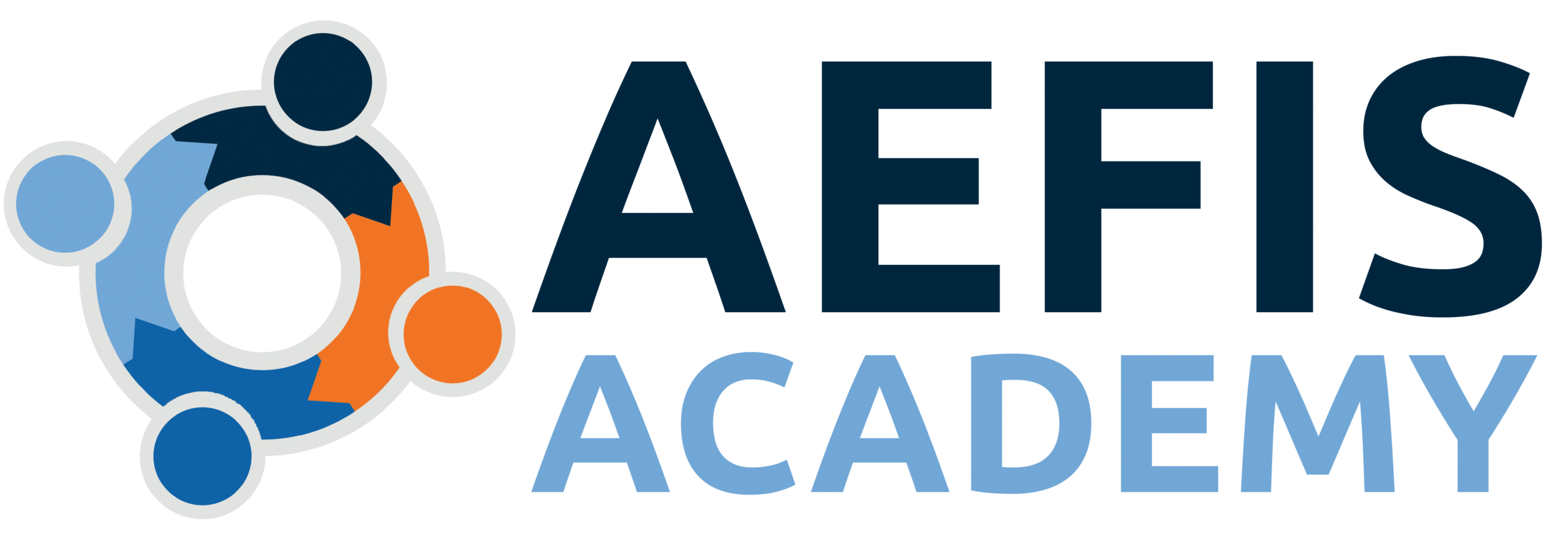



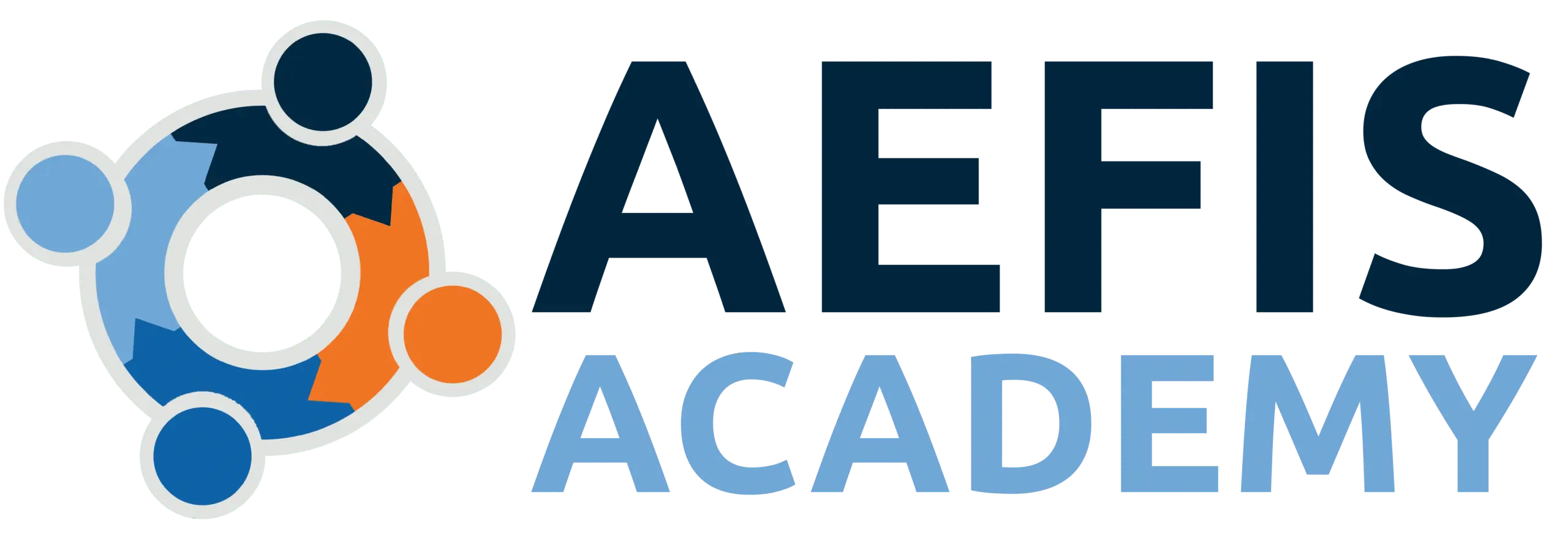
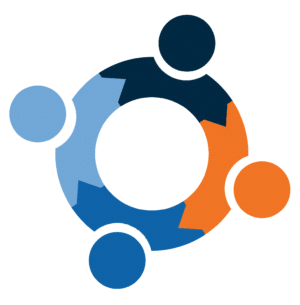
Discussion
Join the conversation, contribute, ask questions, and explore with everyone! It’s Your Community!